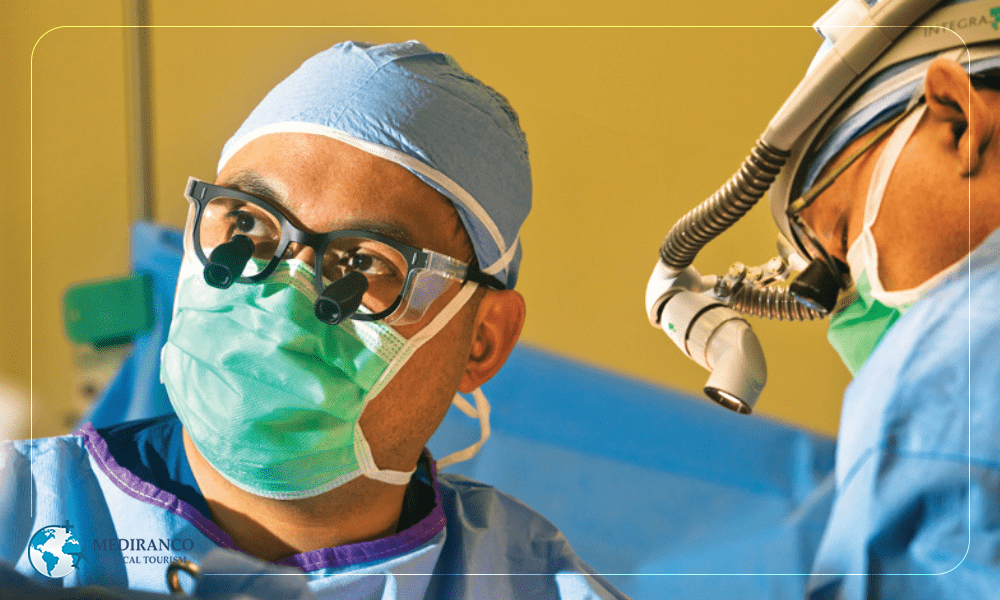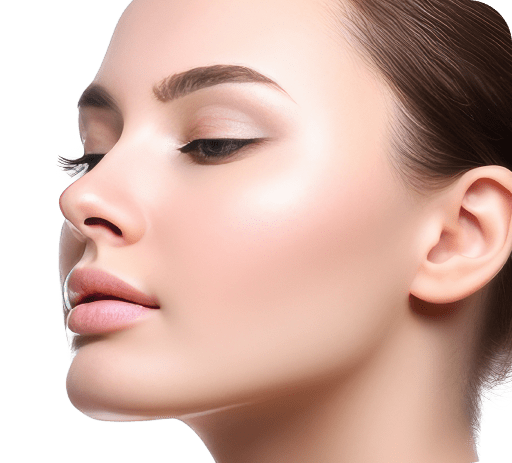The cosmetic surgery industry has seen a significant increase in people seeking cosmetic surgery to alter their appearance, a trend unprecedented in recent years. This is largely due to the influence of media on people’s perceptions of beauty, which not only celebrates but also normalizes and promotes beauty standards. Understanding how media narratives fuel the pursuit of physical perfection is crucial in understanding the complex relationship between media impact and plastic surgery trends.
Table of Contents
ToggleThe Influence of Media on Beauty Standards and Plastic surgery
The media significantly influences public opinions on appearance and desirability, shaping individual and societal beauty standards. It creates and disseminates aesthetic attributes as ideals, shaping both individual and societal beauty goals. The media not only influences what is deemed attractive but also implies what is not.
Social Media and Celebrity Culture
Social media platforms and celebrity culture have significantly influenced beauty standards in the digital era. Celebrities and influencers’ large fan bases present inspiring images of perfection, leading to a culture where good looks are seen as a sign of acceptability and success. This has led to people becoming more motivated to look like these models, viewing plastic surgery as a practical way to meet their high expectations.
Advertising and Unrealistic Beauty Ideals – Media and Plastic surgery
Advertising contributes to the creation of unattainable beauty standards by presenting an idealized concept of beauty through selective portrayal and digital embellishment. This distorts normalcy, heightens fears, and encourages people to pursue plastic surgery for perfection. Picture editing creates a gap between reality and desirable standards, making aesthetic improvement a reaction to commercial narratives and personal goals.

The Psychological Impact of Media on Self-Image
People’s views of themselves, conduct, and mental health are greatly impacted by the media’s frequent exposure to idealized beauty images. The disconnect between these norms and self-worth can lead to psychological problems and change the value system in society, particularly if the media keeps pushing narrow definitions of beauty.
Body Image and Self-Esteem
Media exposure is linked to body dissatisfaction, with idealized body types promoted by social media and advertising leading to negative body image and poor self-esteem. This comparison causes feelings of inadequacy and failure, leading to discontent. The psychological cost of comparing oneself to inflated media standards is significant, emphasizing the need for critical assessment of media practices and their impact on mental health.
The Surge in Plastic Surgery
The media’s influence on plastic surgery is evident, with a clear link between media coverage and cosmetic treatments. The desire for aesthetic enhancements to achieve social and personal goals is growing, with individuals seeking flawless images. The increasing acceptance of plastic surgery as a standard procedure raises concerns about the long-term effects of media-induced demands for physical alteration.
The Role of Social Media Platforms – Media and Plastic surgery
Social media platforms have a big impact on decision-making and beauty standards, which affects how individuals see themselves and what cosmetic changes they should make. A feedback loop is formed between media representation and personal beauty objectives as a result of the public’s frequent exposure to content that both sets and reflects contemporary beauty standards. This section delves into the intricate ways in which social media content bolsters the burgeoning plastic surgery trend.

Before-and-After Transformation Post
Social media posts that show off the before and after changes of plastic surgery patients have a big influence on people’s decisions to get cosmetic procedures. These blogs, which frequently show successful results, inspire readers to make comparable adjustments and advance the notion that cosmetic surgery is a useful and effective way to address body dissatisfaction. More individuals are encouraged to get cosmetic procedures on social media by this emotional and visual influence.
Filters and Edited Images – Media and Plastic surgery
The extensive usage of filters and photo altering tools on social networking sites has a big impact on how people view beauty. With the use of these digital technologies, people can change how they look to fit in with society’s expectations, which frequently results in polished or idealized photos. Because of this, many who feel inadequate and unsatisfied with their appearance both in real life and online are turning to cosmetic surgery in an attempt to close the gap between their online image and their physical reality.

Ethical Considerations and Media Responsibility
The ethical issues surrounding media content, especially in relation to beauty standards, are highlighted as media influences people’s judgments of worth and attractiveness. The section discusses the roles of influencers, marketers, and content producers in influencing public opinion and the urgent need for more realistic and inclusive definitions of beauty, emphasizing the moral responsibilities of those with significant influence.
The Responsibility Influencers and Advertisers – Media and Plastic surgery
Advertisers and influencers are major contributors to the creation of beauty standards, and their behavior greatly affects how their audience views their own bodies. A significant campaign is underway to make media personalities aware of how they influence how society views beauty and how their actions may affect the mental health of their audience. By showcasing a variety of beauty types and being open about photo editing, they can foster a more welcoming media atmosphere.
The Need for Realistic and Diverse Beauty Representations
The media’s narrow, unattainable beauty standards have led to a popular definition of beauty that embraces variation in body forms, sizes, skin colors, and ages. This shift is driven by societal awareness of diverse beauty aspects and ethical obligations. A broader range of beauty standards can reduce pressure and promote self-acceptance, fostering a more inclusive and healthy view of beauty that appeals to a wider range of people.
Navigating the Influence of Media
This section emphasizes the importance of media literacy in preserving a positive self-image and perspective on beauty. It emphasizes the need to critically engage with media content and develop self-esteem independent of restrictive beauty standards. By teaching people the skills to critically examine and engage with media, they can foster a more robust and positive relationship with their own self-perceptions.
Developing Media Literacy
Media literacy is crucial for understanding modern media impacts, including evaluating beauty standards, identifying ideological and commercial drivers, and identifying representations defying conventional beauty standards. Strategies include studying commercials and social media content, participating in debates, and recognizing fabricated images. This understanding can reduce negative effects on self-esteem and body image, as individuals become more media literate.
Fostering a Positive Self-Image
Cultivating a positive self-image in a media-driven society involves valuing one’s worth and beauty, fostering a welcoming social atmosphere, and engaging in self-compassion. Diversifying inspiration sources, such as media featuring positive stories and diverse body forms, can help build a robust self-image and reduce vulnerability to media’s changing beauty standards. This approach strengthens a sense of self based on attributes beyond physical appearance.

Last Words about Media and Plastic surgery
The media significantly influences people’s perception of beauty and their decision to undergo plastic surgery. Idealized images from social media, advertising, and celebrity culture can affect self-esteem and body image, leading to an increase in cosmetic treatments. To reduce these effects, media creators, influencers, and advertisers must represent more diverse and realistic beauty images, while people should develop media literacy, resilience, and a self-image based on diversity and self-acceptance. This can lead to a society that values beauty in all forms, where people choose to undergo cosmetic surgery based on their own desires rather than external norms.

Plastic Surgery in Iran
Plastic surgery in Iran can offer significant cost savings for cosmetic and plastic procedures. Compared to the United States and other countries, the expenses for plastic surgery in Iran are notably lower, making it an attractive option for medical tourists worldwide. Iran boasts exceptional medical facilities, attracting many individuals seeking plastic surgery.

